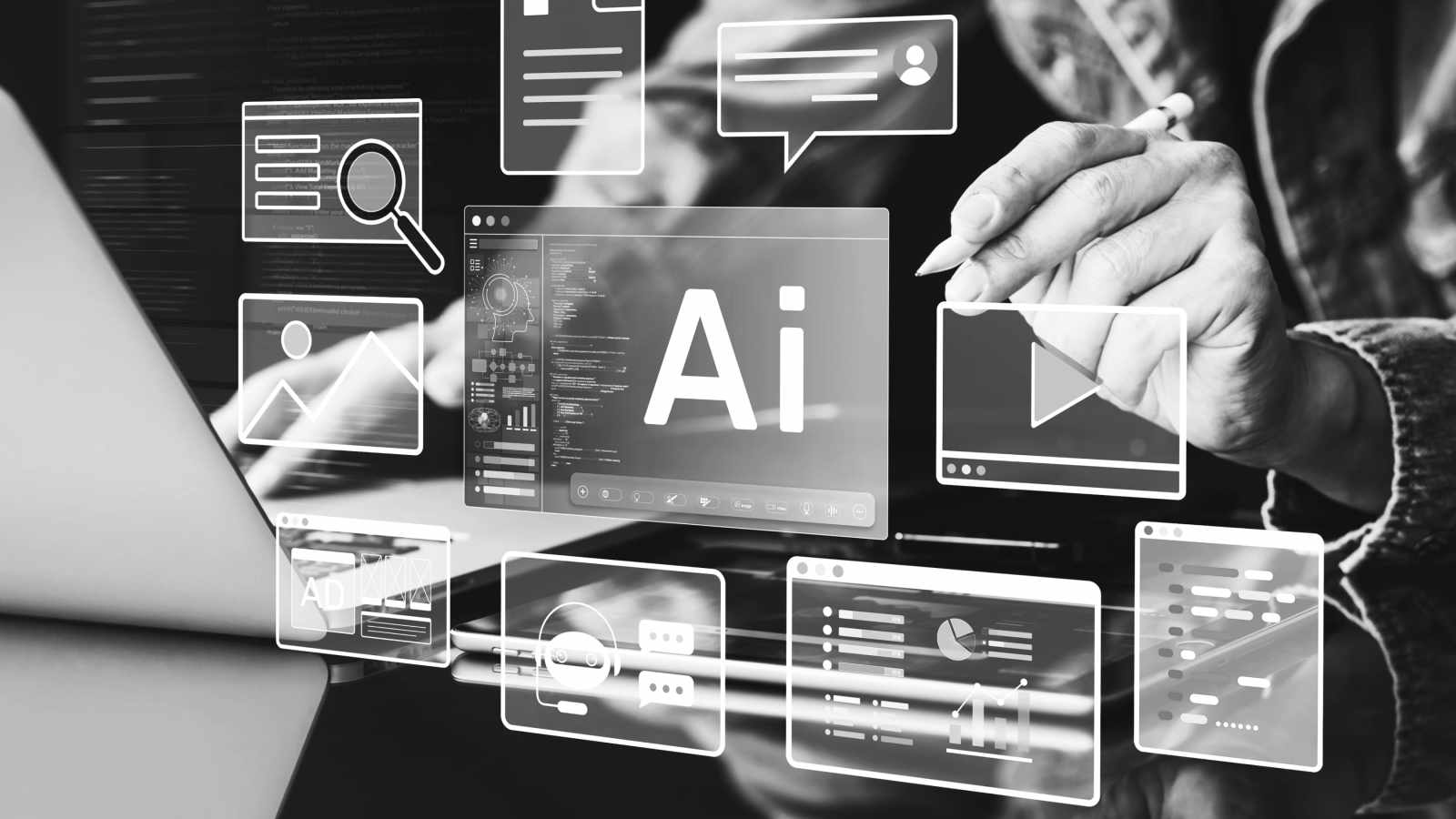Every creative industry wrestles with the same tension: progress versus preservation. Each new tool, whether it was the printing press in publishing, the digital camera in photography, or the drum machine in music, forces the same question: what do we gain, and what do we risk losing, when technology evolves faster than our ability to use it well?
That question feels more urgent today than ever before.
AI has made it possible to flood markets with synthetic content at a scale we’ve never seen. Stock images can be generated in seconds. Entire digital personalities are fabricated out of thin air. In music, thousands of AI-generated tracks are uploaded every day. And across industries, creators feel the same pressure to behave like machines, churn out more and feed the algorithm.
Use AI Wisely: As a Tool
The real issue isn’t whether AI is “good” or “bad.” That framing is too simplistic. AI is just a tool. The responsibility lies with leaders to use it in ways that strengthen creativity rather than hollowing it out.
This balance with AI as assistant and humans as leaders applies anywhere: design firms, marketing agencies and beyond. The best results come when technology enhances human judgment rather than replacing it.
Prioritize Authenticity
Another lesson that translates widely is the value of authenticity. As synthetic content grows more common, what can’t be faked grows more valuable. In music, it’s the unrepeatable spark of a live show. In fashion, it might be the imperfect stitch of a handmade piece.
Audiences and customers alike are drawn to the real thing, even if it’s messier than the polished simulation. The brands and businesses that double down on authenticity will stand out in a market increasingly filled with replicas.
The Rolling Stone Culture Council is an invitation-only community for Influencers, Innovators and Creatives. Do I qualify?
It’s tempting to treat AI as a shortcut to more content, faster. But speed without soul rarely builds trust. Consider the recent “Velvet Sundown” hoax in music: an AI-generated project with a fabricated backstory that went viral not because of musical brilliance but because it blurred the line between art and simulation.
Editor’s picks
The same risk exists across industries. Leaders have to resist the urge to optimize for clicks alone. The long game is building trust, and trust requires intention.
Honor the Human Spark
AI can also be a powerful tool for exploration when it’s framed correctly. A designer might use AI to generate variations, then choose the version that best communicates the story. The common thread is ownership: the human vision has to stay central.
Ultimately, the future of creativity will be defined by the choices leaders make right now. We can either build systems that treat creativity as disposable content, or ones that honor the human spark behind it. The companies that choose the latter won’t just protect artistry; they’ll earn the loyalty of both creators and audiences in a time when loyalty is scarce.
This moment isn’t about stopping progress. It’s about steering it. As founders, executives, producers and decision-makers, we all have a role in asking not only what technology can do, but what it should do. Are we designing systems that empower more people to express themselves and connect, or are we building pipelines that simply prioritize efficiency above all else?
Final Thoughts
Creativity is not data. It’s not a commodity to be optimized into oblivion. It’s a human-to-human transmission: a record of our joys, our losses, our questions, our defiance. When we reduce that to a prompt and a response, we risk losing not just jobs but the heart of the work itself.
Trending Stories
But we don’t have to. We can build tools that honor the creator instead of extracting from them. We can use AI to amplify human ingenuity instead of replacing it. We can even use software to create entire new categories of jobs for artists, rather than just optimizing humans out of the picture.
The future of creativity is still being written. With care, intention, and a little courage, we can make sure it stays human.

